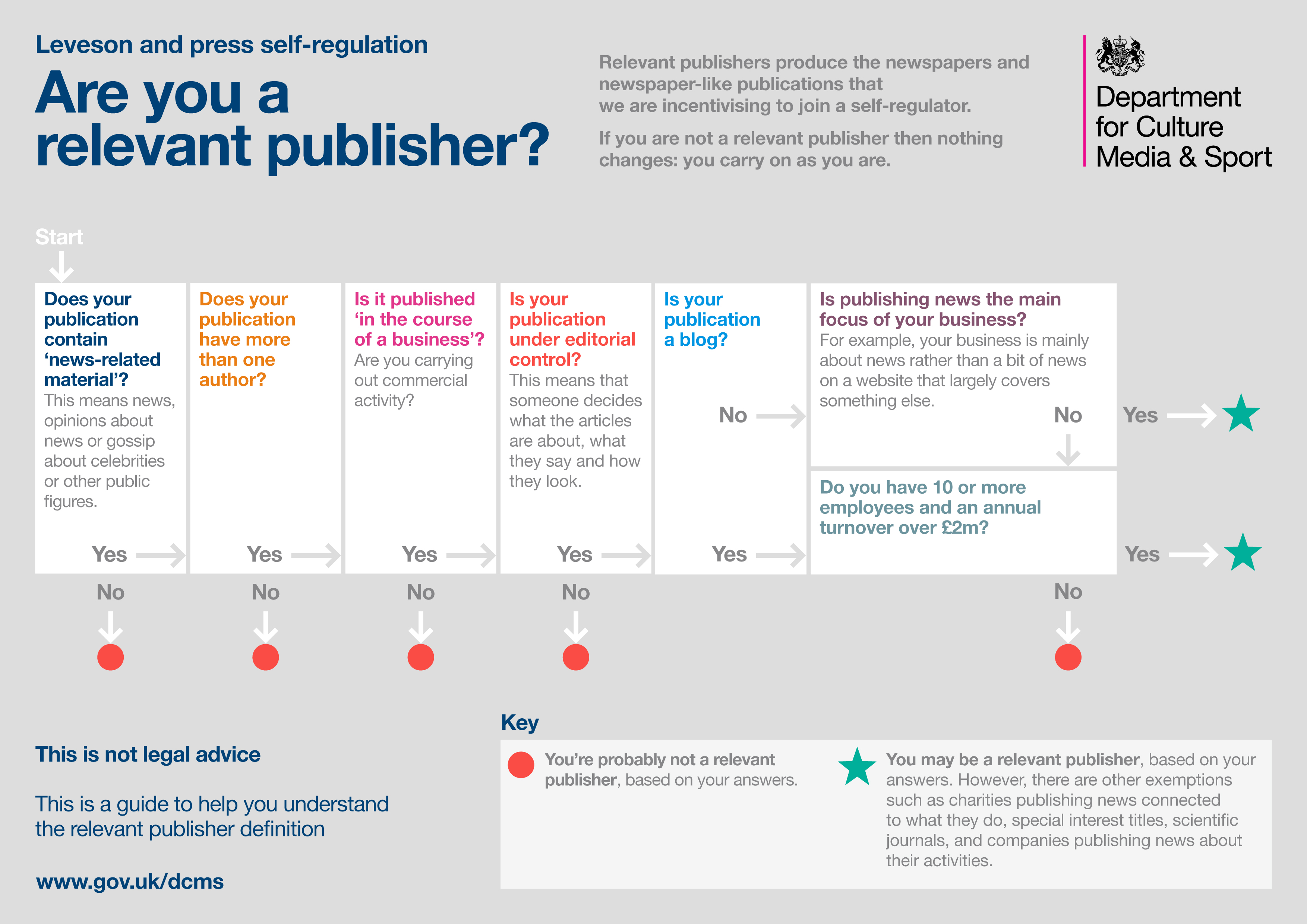Nick Clegg kills Snooper’s Charter – for now
Deputy Prime Minister Nick Clegg this morning said that the Communications Data Bill — widely known as the “snooper’s charter” was “not going to happen”.
Speaking on his regular “Call Clegg” slot on London’s LBC radio, Clegg told presenter Nick Ferrari that the government would not pass a law allowing authorities to monitor individuals’ web traffic, describing the idea as neither “workable” nor “proportionate”.
(Watch at 19 minutes)
Clegg went on to suggest that a “middle way” could be found, possibly including the assignment of an IP address to each web-enabled device, to allow police to “do their job”.
This would appear to be a victory for the many, including Index on Censorship, who expressed concerns over the sweeping powers proposed in the Communications Data Bill. In an August 2012 policy note, Index said:
Population-wide collection and filtering of communications data is neither necessary nor proportionate. Monitoring and surveillance of this kind impacts directly and in a chilling manner on freedom of expression, inhibiting and restricting individuals in how they receive, share and impart information and encouraging self-censorship.
So we will celebrate the apparent end of the Communications Data Bill in its current form. But it is clear from Clegg’s words, and those of his Conservative coalition partners including Home Secretary Theresa May, that this is not an issue that will be dropped.
New proposals for monitoring and surveillance will no doubt emerge, and will be subject to the same scrutiny and criticism as the previous attempts to establish a Snooper’s Charter.
Padraig Reidy is Senior Writer at Index on Censorship. @mePadraigReidy

